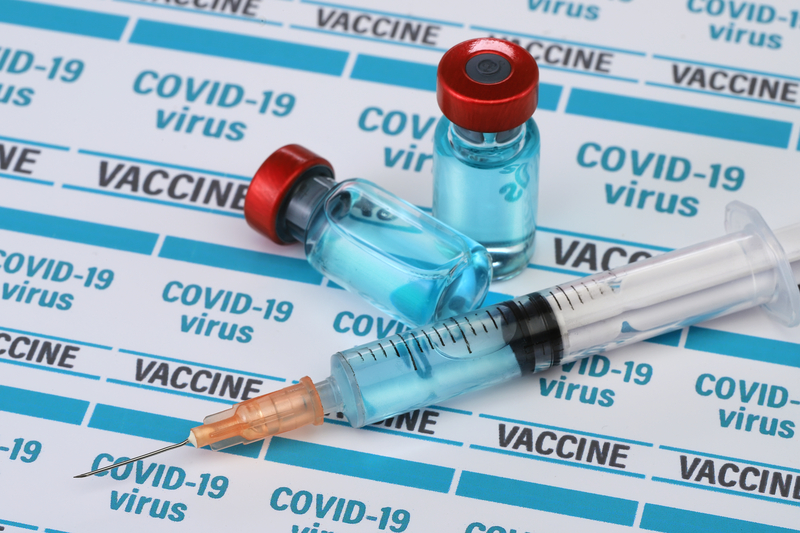The new Covid variant NB.1.8.1 is spreading in Spain, causing an increase in Covid cases in the middle of summer. This is happening against a backdrop of persistent heatwaves, which are placing additional strain on the country. Recent data from the Carlos III Health Institute and the National Epidemiology Center show a worrying trend.
Rising Respiratory Illnesses: NB.1.8.1 as the Main Driver
The rate of acute respiratory illnesses nationwide has already reached 252.7 cases per 100,000 inhabitants. This is according to the latest Report on the Surveillance of Acute Respiratory Infections: Influenza, Covid-19, and RSV. Although various pathologies play a role, SARS-CoV-2 with the NB.1.8.1 variant is the primary cause of this increase.
Higher Incidence in Summer: An Unexpected Trend
While current values are still significantly below the epidemic threshold of 400 cases per 100,000 inhabitants, they considerably exceed expectations for this time of year. Compared to previous years, the incidence is slightly above that of the 2022-2023 season. Looking exclusively at Covid-19 infections, which account for over 20% of weekly positivity, symptomatic cases, at 14.6 per 100,000 inhabitants, are still below the values of 2022-2023 (approx. 20) or 2023-2024 (60), but the trend is rising.
Particularly noteworthy is the incidence of bronchitis and bronchiolitis in children under five years of age, which has reached its highest level in recent years with almost 115 cases per 100,000 inhabitants.
Symptoms of the NB.1.8.1 Variant: Covid Remains Covid
As William Schaffner, Professor of Infectious Diseases and Health Policy, emphasizes, there are no fundamental differences in symptoms between Covid variants. The NB.1.8.1 variant therefore manifests with the familiar signs we have known since the beginning of the pandemic. This is especially true since a large part of the population in industrialized countries has been vaccinated and enjoys some protection against severe disease courses.
Possible symptoms of an infection with NB.1.8.1 include:
- Fever
- Chills
- Cough
- Sore throat
- Congestion
- Fatigue
- Shortness of breath
- Diarrhea
It is suspected that NB.1.8.1 may have higher transmissibility than some previous variants, but it does not appear to cause more severe disease.
Vaccines Remain Effective: Protection Against Severe Illness
Although the NB.1.8.1 variant has spike mutations that could allow for easier spread and evasion of antibodies, the existing vaccines continue to provide effective protection, especially against severe illness and hospitalizations.
Several manufacturers are already working on updated vaccines and booster versions, which are expected to be available at the start of the high season for respiratory viruses in autumn. To date, neither the FDA in the United States nor the EMA in Europe has recommended specific serums against this particular variant.
Health authorities continue to emphasize the importance of basic prevention measures:
- Wearing a mask when experiencing symptoms
- Handwashing
- Covering mouth and nose when sneezing (elbow)
- Isolation when experiencing Covid-19 symptoms




